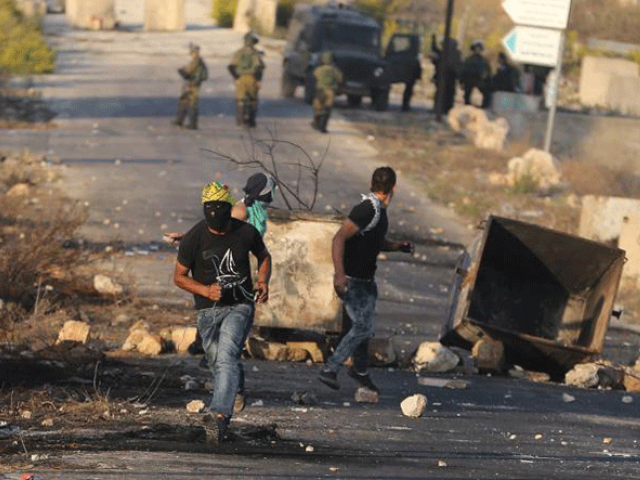
The territory is no stranger to bloodbath, but the current wave of unrest is different in the sense that Palestinian youths appear to be acting on their own, leaderless. The traditional resistance groups, which previously orchestrated rocket attacks and suicide bombings to vent their outrage at Israel’s continued occupation of Palestinian territories, are said to have stayed clear. Even Tel Aviv does not seem to be blaming these assaults on any of the Palestinian militant groups, such as the Al-Aqsa Martyrs Brigade, the Islamic Jihad or Hamas. What appears plausible is that the attackers are roused to action by what they see on social media where photos and videos highlighting Israeli repression are routinely posted.
The bitterness and hatred on both sides is predictably high. The lingering dispute over Temple Mount in the Old City, where the Al-Aqsa Mosque and Dome of the Rock are situated, is said to have fuelled the current wave of unrest, with hardline Jews continuing to demand greater access and rights to pray there, and Palestinians expressing concern that the status quo is being violated. There is a strong possibility that the Israeli state, led by the hardline Benjamin Netanyahu, would react in its traditional, overly excessive manner, and unleash the kind of mindless violence on hapless Palestinian citizens that was witnessed in last year’s Gaza conflict. Tensions in this part of the Middle East are threatening to degenerate into a bloody conflict and it’s time the international community intervened to fend off such a possibility before the situation worsens any further.
Published in The Express Tribune, October 19th, 2015.
Like Opinion & Editorial on Facebook, follow @ETOpEd on Twitter to receive all updates on all our daily pieces.
1731584966-0/diddy-(43)1731584966-0-405x300.webp)











COMMENTS (1)
Comments are moderated and generally will be posted if they are on-topic and not abusive.
For more information, please see our Comments FAQ